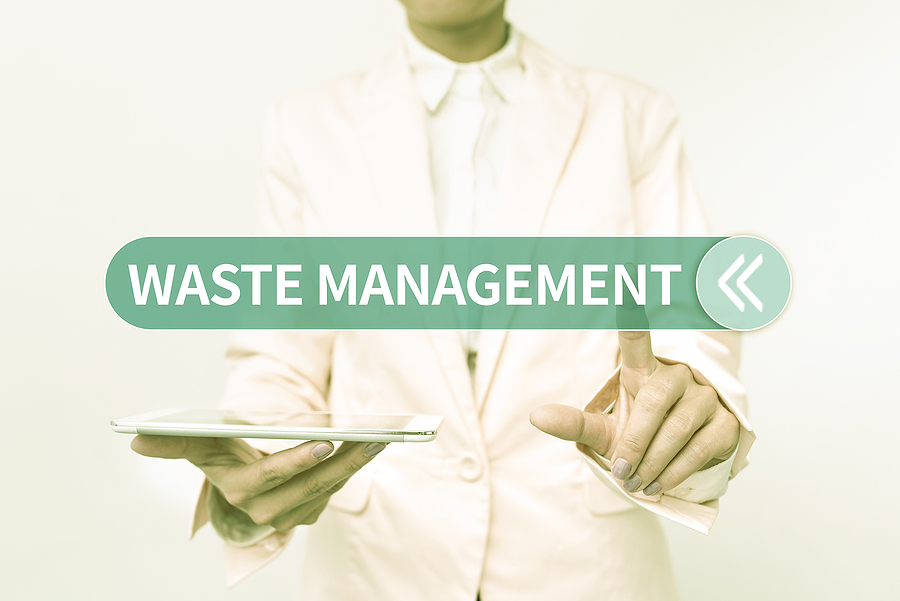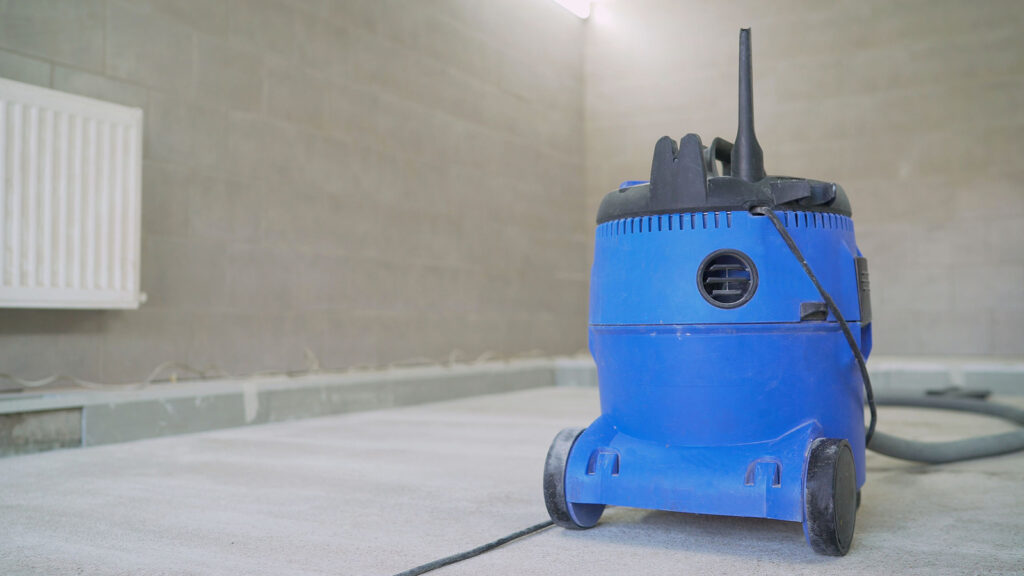Waste management is becoming an essential element of architectural design and construction. More than ever, commercial properties are being constructed in a calculated way to optimize waste organization and disposal and reduce waste generation. Whether you are in the initial stages of commercial design and space planning or wish to remodel your current building to be more waste efficient, it is never too late to incorporate green construction strategies.
Continue below to review some top waste management and abatement tips for commercial buildings.

Commercial Waste Management Planning
Commercial buildings are capable of generating all sorts of waste, from energy and water consumption to paper, garbage, obsolete materials, and more. These days, commercial architects and builders are working towards the common goal of designing properties with the strategic objectives of conserving natural and man-made resources, efficiently managing waste, and reducing overall waste production.
This has many benefits, some of the most noted being 1) reduced hauling and disposal costs, 2) increased company margins, 3) optimized sustainability, 4) streamlined communication and reporting, 5) reduced greenhouse gas emissions, 6) conserved resources, and 7) customized waste management.
How to Efficiently Manage Commercial Waste
There are many Eco-friendly construction practices and features that can be applied to the commercial design and build of a project to improve its waste management plan, and therefore, it’s overall efficiency. Here are some common elements designed into the structure and design of a commercial building to meet these standards:
Materials Flow
A materials flow plan is one of the most important and impactful elements of successful waste management and abatement. Devise a clear and viable plan of how waste materials will flow through your commercial property. Consider all elements of how waste generates and travels in a building, including the ratio of inbound materials and shipments to outbound waste. Accordingly, your flow plan should also include plans for loading docks, package intake spaces, garbage routes, amount of goods and equipment, container and waste storage space, employee operation procedures, and collection set outs.
Smart Equipment
Commercial waste management is not optimized without the incorporation of smart equipment like trash chutes, apartment trash compactors, dumpsters, recycling containers, and on-site garbage receptacles. By having these resources available on your premises, you can effectively reduce the waste produced and disposed by your building.
Waste Separation
Waste division is a truly effective strategy to reduce the volume of waste and conserve our resources. Garbage should be separated from recyclable goods like paper, plastic, cardboard, and metal. By incorporating smart waste separation designs into your commercial build, you can reap the benefits of reducing your overall waste.
Eco-Friendly Materials
When it comes to stocking your commercial building with materials, aim your focus toward Eco-friendly and waste-reducing commodities. For instance, many coffee shops have switched to paper straws rather than the plastic ones that have been filling up our landfills for generations. Other ideas include reusable dishware and glasses, touch-free automated fixtures like soap dispensers and faucets, LED lighting, and solar appliances. These small integrations can have a big impact over time, especially among commercial buildings.
How are you looking for help designing an efficient waste management plan for your commercial remodeling project? Contact BAF Corporation at 317-253-0531 for reputable commercial construction and remodeling in Indianapolis and its surrounding counties.
Related Posts:
Cost Cutting Advice for Commercial Renovations
Top 3 Commercial Building Designs for Energy Efficiency
How to Improve Efficiency Through Innovative Office Design

